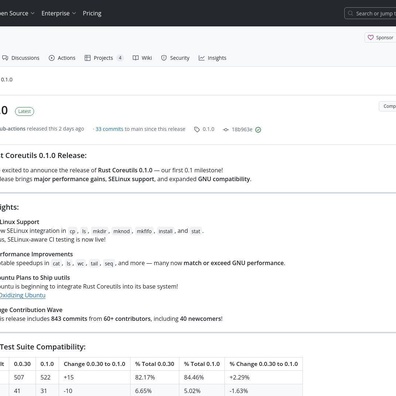News
Mozilla Shuts Down Pocket Service, Users Lose Access to Saved Article Content
Mozilla's popular read-it-later service Pocket is closing its doors permanently, leaving millions of users scrambling to salvage what remains of their carefully curated digital libraries. The shutdown represents a significant loss for users who relied on the service to preserve web content, with many discovering that years of saved articles cannot be fully recovered.Service Termination Timeline Creates UrgencyPocket will cease all saving functionality on July 8, 2025, marking the end of new article storage capabilities across both mobile apps and web extensions. Following this date, the service enters an export-only mode that lasts until October 8, 2025. After this final deadline, all user data faces permanent deletion with no possibility of recovery.The company has already stopped accepting new premium subscriptions, while existing subscribers will receive automatic cancellations and full refunds before the July shutdown date. This timeline gives users a narrow window to act, particularly considering the limited nature of what can actually be exported.Data Export Process Reveals Major LimitationsUsers attempting to retrieve their saved content through Pocket's export feature are discovering significant limitations that render the process largely ineffective. The export system, accessible through getpocket.com/export, provides only basic metadata rather than the actual article content that users paid to preserve.The exported data consists of five fields delivered in CSV format: article titles, URLs, timestamps, tags, and read status. However, the most crucial element—the saved article content itself—remains inaccessible. This means users lose access to the preserved versions of articles that may have since changed, been deleted, or fallen victim to link rot.Premium Users Express Frustration Over Lost InvestmentLong-time premium subscribers are particularly vocal about their disappointment, with some reporting investments of nearly USD 1,000 over the years for secure article storage. These users specifically chose Pocket's paid service to ensure reliable access to web content, even if original sources became unavailable.The situation becomes more frustrating when considering that even carefully organized tags—a feature many users spent considerable time developing—are not included in the export process. This organizational metadata, which helped users categorize and find their saved content, simply disappears along with the articles themselves.Mozilla's Financial Position Raises QuestionsThe shutdown decision appears particularly puzzling given Mozilla's robust financial health. According to the company's 2023 audited financial statements, Mozilla maintains net assets of USD 1.335 billion, raising questions about whether financial constraints truly necessitated Pocket's closure.Mozilla acquired Pocket in 2017, subsequently expanding the service beyond its original read-it-later functionality to include content recommendations and editorial features. The service even earned recognition through a Webby Award and an Anthem Award for supporting local journalism.Limited Recovery Options for Affected UsersUsers seeking to recover their saved content face significant challenges due to the export limitations. While some articles might still be accessible through their original URLs, this approach cannot account for content that has changed over time or links that no longer function.The Internet Archive's Wayback Machine may provide some relief for recovering deleted or modified content, but this solution requires manual effort for each individual article and cannot guarantee complete recovery. The process becomes particularly daunting for users with thousands of saved articles spanning multiple years.Future Alternatives and User MigrationAs Pocket prepares for its final closure, users must identify alternative services for preserving web content. The shutdown highlights the risks of relying on third-party services for long-term content preservation, even when paying premium subscription fees.Mozilla has indicated that future developments will focus on new tab experiences and email newsletters, suggesting a shift away from the comprehensive article preservation model that made Pocket valuable to its user base. This transition leaves a significant gap in the market for reliable, long-term web content storage solutions.A visual representation of change and transition as users seek alternatives following Pocket's shutdown
Apps
42 minutes ago
Samsung One UI 8 Rumored to Include AI-Powered Running Coach with Personalized Training Plans
AI
52 minutes ago

AMD Discontinues B650 Chipset Production as Company Shifts Focus to B850 Series
MotherBoards
1 hour ago

Assassin's Creed Shadows Update 1.0.5 Brings Major Parkour Overhaul and Unexpected Dead by Daylight Crossover
Console Game
2 hours ago

Trump Media Raises $2.5 Billion for Bitcoin Treasury After Calling Similar Reports "Fake News"
FinTech
2 hours ago

Elon Musk Updates SpaceX Mars Colonization Timeline with 2029 Human Landing Target
Startups
2 hours ago

AMD Radeon RX 9060 XT Launches June 5th with Two VRAM Options and Competitive Pricing
GPU
3 hours ago
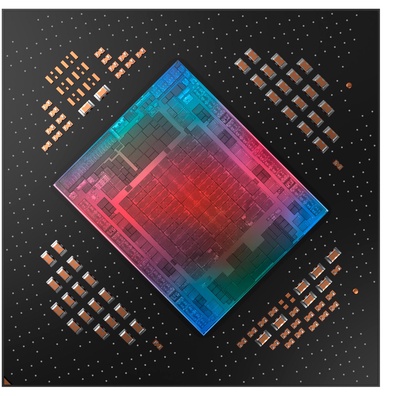
F1 25 Review: Codemasters' Latest Racing Game Shows Signs of Series Fatigue Despite Welcome Additions
Console Game
3 hours ago
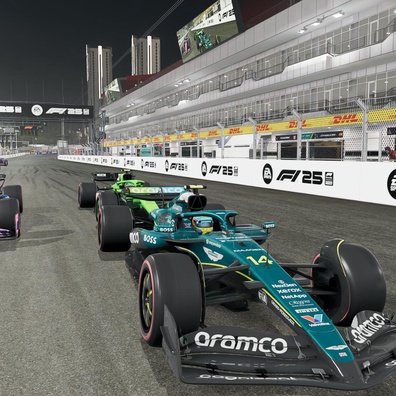
Cities: Skylines 2 Bridges and Ports DLC Faces Second Delay as Colossal Order Cites Quality Standards
Computer Game
4 hours ago

Samsung Project Moohan XR Headset Surfaces on Geekbench with Snapdragon XR2 Gen 2 Chip and 16GB RAM
Wearable devices
5 hours ago
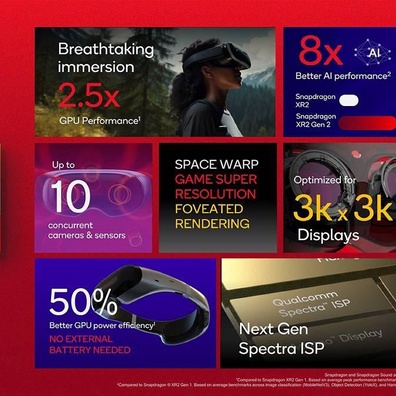
Jujutsu UI Emerges as Leading TUI for Git Alternative, Sparks Community Debate on GitHub's Limitations
5 hours ago
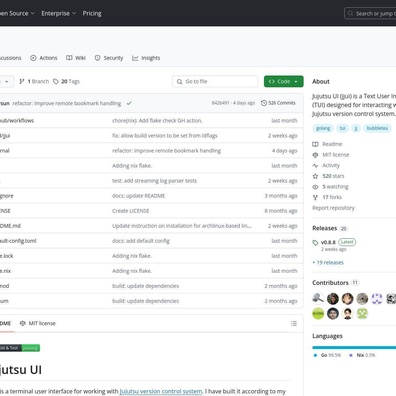
WhatsApp Officially Teases iPad App Release After Years of Development
Apps
6 hours ago

Realme GT 7 and GT 7T Launch Globally with 7,000mAh Batteries and 120W Charging
Phone
9 hours ago

Satirical Rust Project "yes-rs" Sparks Debate Over Programming Language Zealotry
12 hours ago
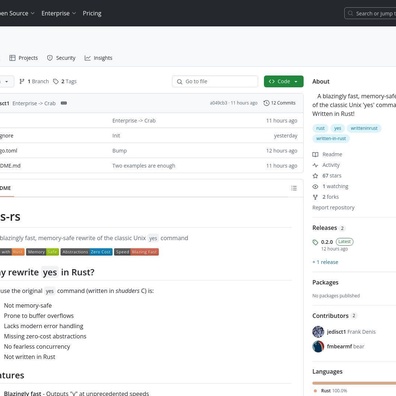
RTX 5090 Power Connector Melting Issues Continue as Another 16-Pin Cable Burns Out
GPU
17 hours ago

WavePhoenix Project Brings Nintendo WaveBird Controllers Back to Life with Open-Source Receiver
Console Game
18 hours ago
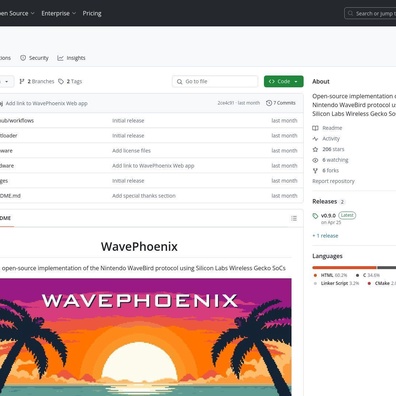
PgDog Launches as Rust-Based PostgreSQL Sharding Solution with Cross-Shard Query Support
PostgreSQL
18 hours ago

Bloom Filter Video Compression Shows Promise But Falls Short of Traditional Methods
AI
18 hours ago
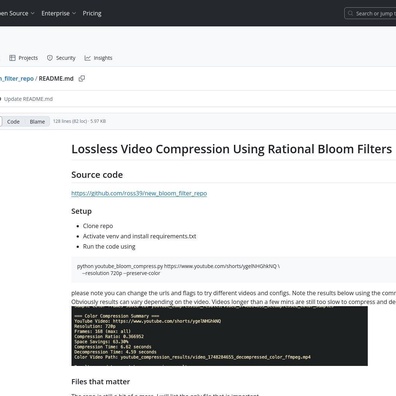
Microsoft's Smart App Control faces scrutiny over "top antivirus solution" claims
Security
20 hours ago

Rust Developers Continue Avoiding Version 1.0 Despite Production Use
OpenSource
23 hours ago
